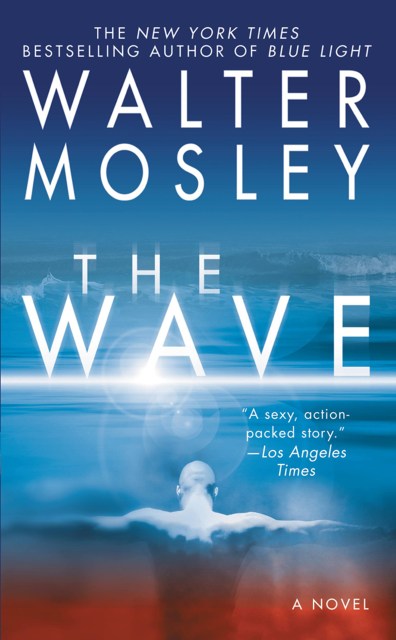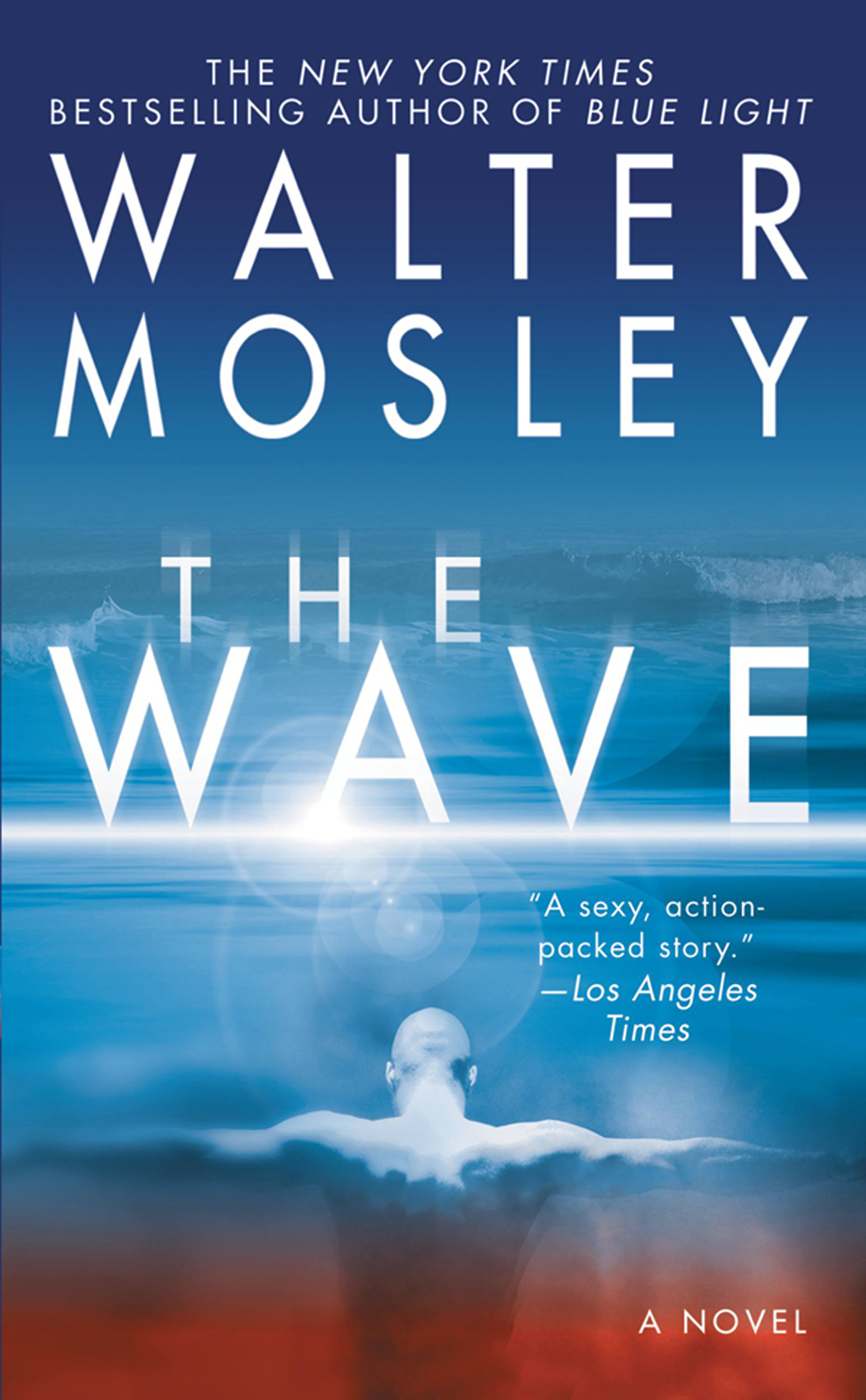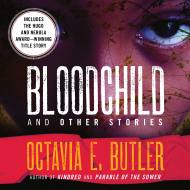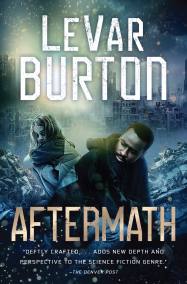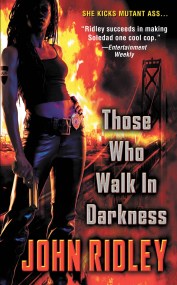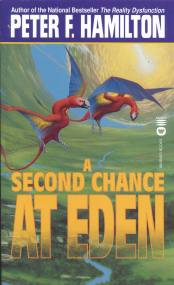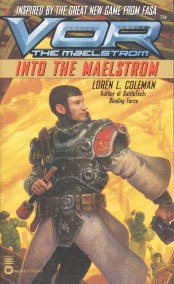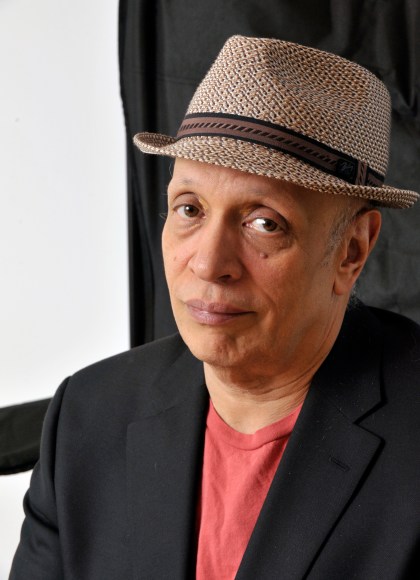Promotion
Use code MOM24 for 20% off site wide + free shipping over $45
The Wave
Contributors
Formats and Prices
Price
$5.99Price
$7.99 CADFormat
Format:
ebook $5.99 $7.99 CADThis item is a preorder. Your payment method will be charged immediately, and the product is expected to ship on or around July 31, 2007. This date is subject to change due to shipping delays beyond our control.
Also available from:
The “New York Times” bestselling author of “Blue Light” returns to the realm of science fiction. Errol is awakened by a strange prank caller claiming to be his father, who has been dead for several years. Curious, and not a little unnerved, Errol sneaks into the graveyard where his father is buried. What he finds will change his life forever.
Genre:
- On Sale
- Jul 31, 2007
- Page Count
- 224 pages
- Publisher
- Grand Central Publishing
- ISBN-13
- 9780446506120
Newsletter Signup
By clicking ‘Sign Up,’ I acknowledge that I have read and agree to Hachette Book Group’s Privacy Policy and Terms of Use
